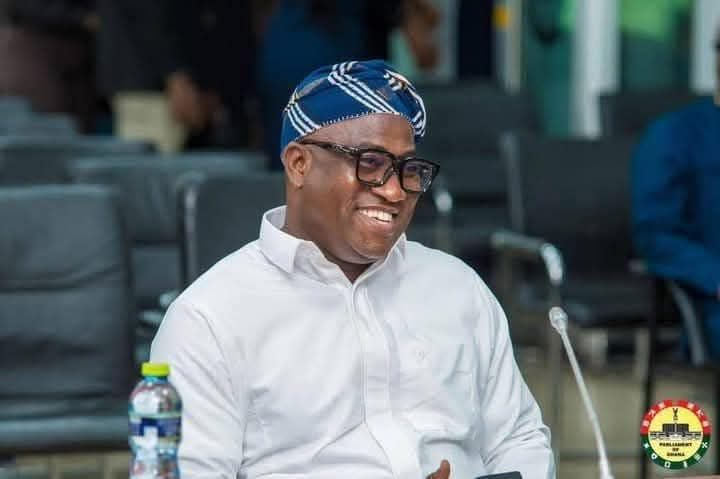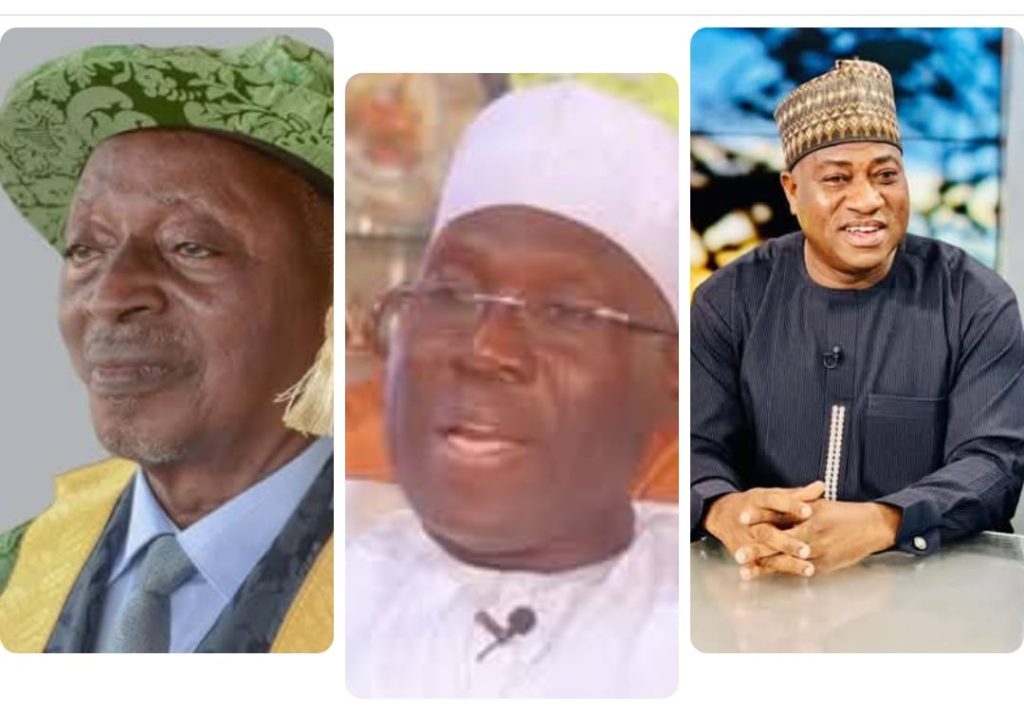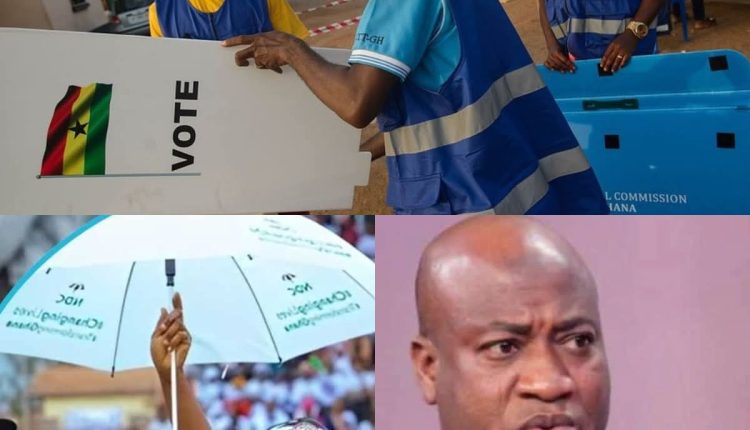The sudden loss of Hon. Dr. Ibrahim Murtala Muhammed in the tragic helicopter crash of August 6, 2025, has thrust Tamale Central into a moment of profound reckoning. His death represents not only the physical absence of a sitting Member of Parliament but also the silencing of one of the Northern Region’s most outspoken and principled political voices. More than an electoral vacancy, it is a rupture in a long trajectory of political representation and leadership that has defined the constituency for over two decades. Tamale Central, therefore, stands today at a crossroads where grief, memory, and political succession converge.
Murtala was not an ordinary parliamentarian. His career was marked by an unusual blend of intellectual rigor, fearless advocacy, and grassroots credibility. On the floor of Parliament, his interventions were often sharp, uncompromising, and unyielding, cementing his reputation as a formidable legislator. At home in Tamale, he embodied the kind of representative politics that spoke directly to the lived experiences of ordinary people—one who saw himself less as a seat-holder and more as a custodian of popular trust.
This spirit of representation was also reflected in his record of tangible achievements during his four years and seven months in office. Since being voted into Parliament in 2020, Murtala spearheaded an impressive range of development projects. He completed a three-classroom block at Al-Intisuariya Primary School started by his predecessor, Hon. Inusah Fuseini, and introduced free annual extra classes for BECE candidates, supplying them with mathematical sets and transport fares—easing the financial burden on families. In the education sector, his impact was even more profound: he fully funded the fees and, in some cases, accommodation costs of 47 medical students, ensuring that the constituency invested in the future of healthcare.

Access to potable drinking water also improved significantly under his leadership. Through the MP’s Common Fund, he delivered 54 mechanized boreholes, complemented by 26 additional boreholes secured with donor support. Special installations were made for the Prison Service, Community Health facilities, and the Police Barracks, underscoring his commitment to essential services. Healthcare delivery received a boost through the construction of clinics at Changli, Sakasaka, and Gumbihini, with the latter equipped with a staff bungalow. Infrastructure also bore his imprint, as inner-city roads in Changli, Dohinaayili, and Gumbihini were completed during his tenure.
Murtala further lobbied Ghana Gas for the construction of an AstroTurf at Kulikuli School in Changli, a facility that speaks to his attention to youth and sports development. Beyond infrastructure, he touched lives directly—sponsoring more than 50 constituents for Hajj and facilitating the employment of over 200 individuals in institutions such as the Environmental Protection Agency (EPA) and other government agencies. These interventions, though diverse, were bound by a common thread: a politics that prioritized people, opportunities, and dignity.
It is against this backdrop of legacy that the dilemma of succession acquires its sharpest edge. Since its creation, Tamale Central has remained a stronghold of the National Democratic Congress (NDC), offering the party not just votes but also a symbolic anchor in the Northern Region. In the 2024 elections, Murtala Muhammed secured over 52,000 votes against the New Patriotic Party’s 16,647—a margin so decisive that the NPP has opted out of the September 30 by-election. While this decision affirms the NDC’s dominance, it paradoxically transforms the by-election from an inter-party contest into an intra-party crucible. The absence of external competition magnifies the internal struggle, for it is now within the NDC’s own structures that the real battle for Tamale Central’s future will be fought.
Already, currents of ambition and generational renewal are stirring. Though the official list of aspirants remains undisclosed, speculations abound that youth leaders, grassroots organizers, and former public officials are quietly positioning themselves. The stakes are high. Whoever emerges will not only inherit a guaranteed seat in Parliament but also the heavy responsibility of upholding Murtala’s legacy while steering the constituency toward the pivotal 2028 elections. For the electorate, the calculus is simpler: their concern lies in identifying a candidate capable of replicating Murtala’s spirit—his courage, clarity, and commitment to justice.
The NDC leadership has recognized the delicacy of this moment. Calls for transparency, fairness, and party unity dominate public messaging, signaling an awareness that the process of selection may prove as consequential as its outcome. With national eyes fixed on Tamale Central, the conduct of the primaries will either reinforce the NDC’s moral legitimacy or expose fissures that may compromise cohesion in the years to come. In effect, the by-election is not merely a local political event but a litmus test for the NDC’s ability to manage succession within its ranks.
To understand the weight of this challenge, one must recall the genealogy of Tamale Central’s parliamentary lineage. From the brief but formative tenure of Prof. Alhassan Wayo Seini, whose background in animal husbandry symbolized the connection between rural livelihoods and emerging politics, to the legal acumen of Hon. Inusah Fuseini, whose multiple terms blended national policy engagement with local service, the seat has always carried significance beyond electoral arithmetic. Dr. Murtala Muhammed, in inheriting and reimagining this lineage, elevated the constituency into a platform for fearless parliamentary advocacy. Thus, any successor must contend not only with the weight of present expectation but also with the symbolic heritage of those who came before.

As Tamale Central prepares for September 30, one truth remains: the task ahead for the NDC is formidable. It must produce a candidate who will not only secure an almost assured victory but also embody the continuity of trust, integrity, and service that Murtala Muhammed so powerfully represented. His was a voice that echoed in Parliament with boldness and conviction, and his successor will inherit a mandate far greater than numbers—it is a mandate steeped in history, burdened with responsibility, and alive with expectation.
Ultimately, the defining question is not whether the NDC will retain the seat; that much is nearly certain. Rather, the question is whether anyone can truly fill the shoes left behind. The answer, which will unfold in the weeks ahead, will determine not only the leadership of Tamale Central but also the broader trajectory of political accountability and representation in Ghana’s Northern Region for years to come.


